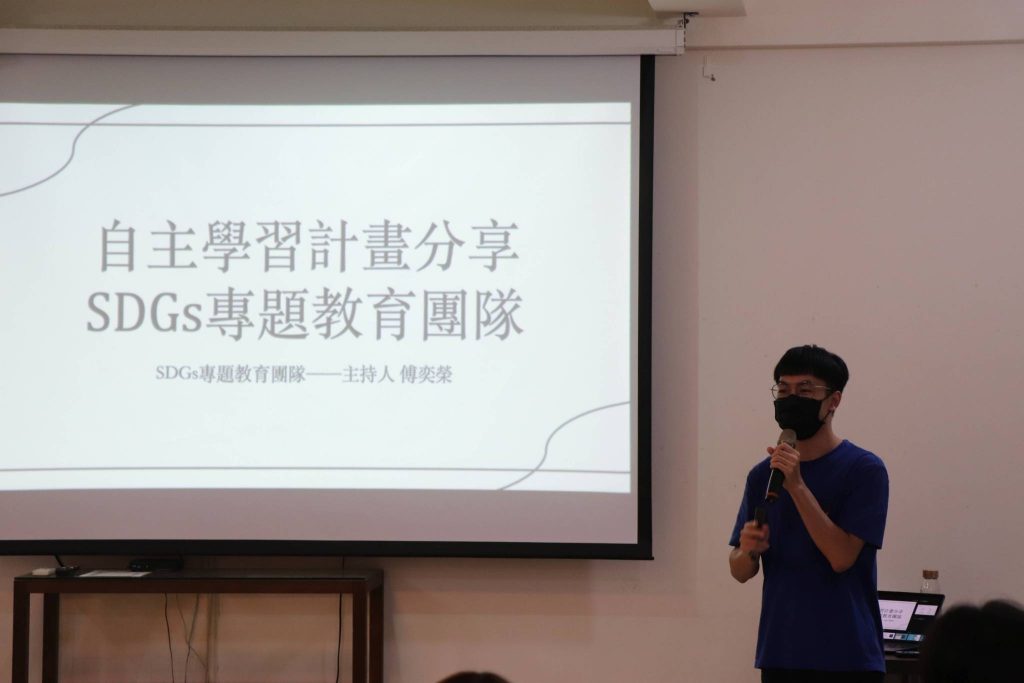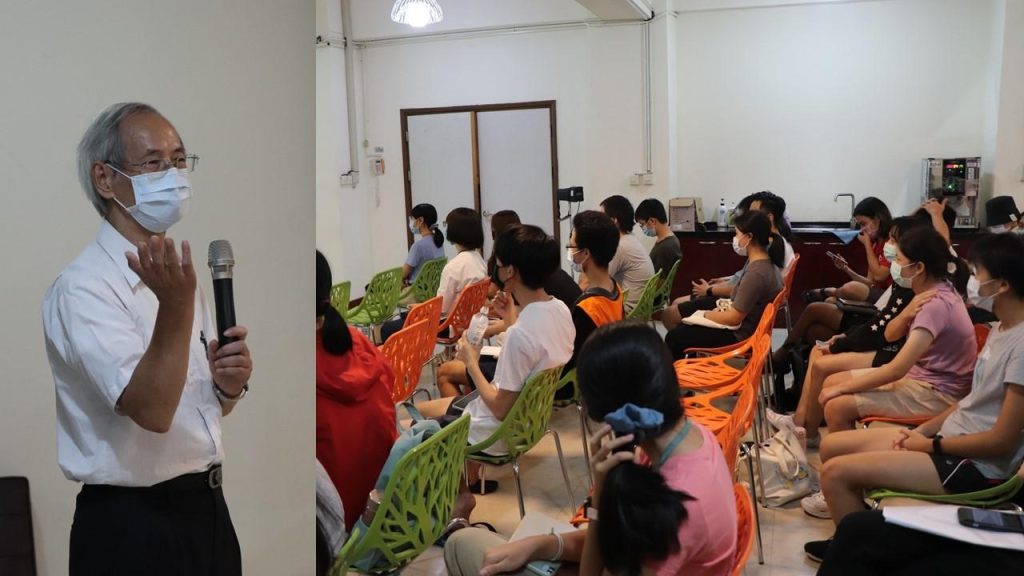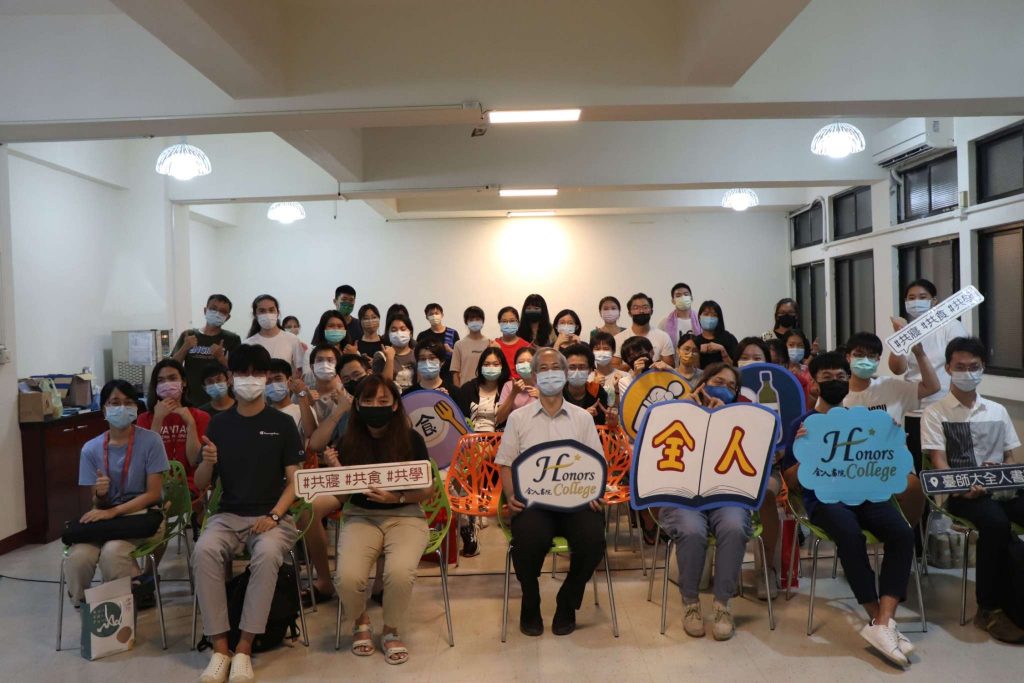Written byLeader of TeamZhan Yuanhao Tutor
In this session of the President’s Evening Talk, we invited third-year student Fu Yirong to share his experience in applying for and writing the proposal for the general education course “Self-Directed Learning: Project-Based Inquiry.” Drawing on what he has learned, Fu approached the topic from an educational perspective to promote the values of sustainable development. He emphasized that the SDGs (Sustainable Development Goals) are not merely slogans or titles; rather, each goal is interconnected and should not exist in isolation. When designing a self-directed learning project related to the SDGs, he believes that the activities should be planned first and then aligned with the appropriate SDG indicators, rather than choosing a specific SDG beforehand and designing activities around it. His insights provided Tutors with clearer guidance in mentoring students and offered practical advice for students applying for the “Self-Directed Learning: Project-Based Inquiry” course.
In his sharing, Yirong mentioned that his team primarily focuses on developing participants’ leadership and management skills—an approach that also applies to the learning environment at Honors College. Through regular group discussions, College Day lectures, and the President’s Evening Talks held each semester, students arecontinuously cultivating their soft skills and independent thinking. Having access to such a resource-rich learning environment during university is truly rare. That is why President Wang and Mentor Wei Xiuzhen have consistently encouraged students to express themselves boldly, communicate effectively, and commit to learning earnestly. They believe that with continued effort, both the Tutors and students present will be able to develop strong leadership abilities in the future.
In addition, Fu shared that the most challenging part of his project was team management. His team expanded from 5 to 25 members, and this growth inevitably brought a significant increase in workload. As a result, effective delegation of tasks became essential—something that truly tests a leader’s wisdom and capability. Yirong introduced an excellent team management strategy: OGSM. Objective represents the team’s vision and higher-level goals. Goal refers to specific objectives and actionable tasks. Strategy outlines the methods and approaches for implementation. Measure involves timely evaluations of the execution process to identify strengths, weaknesses, and areas for improvement. By following this OGSM model, teams can make substantial progress in carrying out their projects and improving overall team performance.
The value of a project lies in the impression it leaves on others and the impact it creates. During the Q&A session, the President emphasized that students at the College have considerable flexibility when applying for project funding. Therefore, students are encouraged to propose their ideas boldly. However, it is crucial to carefully consider the feasibility and rationality of the project, as well as the potential outcomes it may generate. These elements are the most important aspects in designing a meaningful and effective project.
Finally, Mentor Xiuzhen shared that her favorite takeaway from Yirong’s talk was the concept of “Awareness.” She emphasized the importance of being constantly mindful of one's current state—recognizing where you are and how you’re doing—and learning to make good use of all available resources. She encouraged the students to make the most of their time at the College, using this opportunity to develop skills beyond their academic specializations, and to grow in ways that contribute to their overall personal and professional development.



